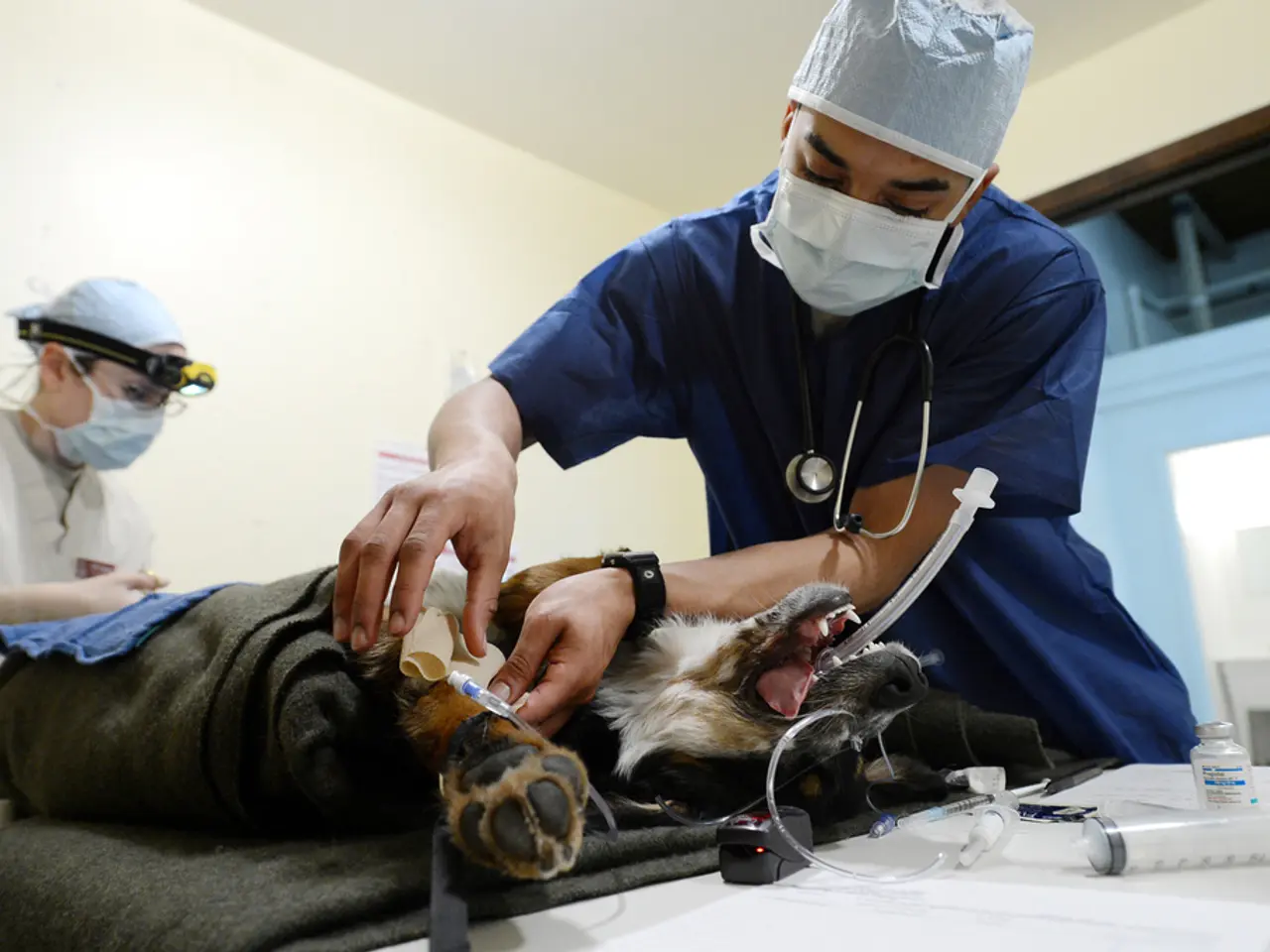Investigator Sudhof could potentially provide testimony before the committee
The COVID-19 pandemic has left a lasting impact on many aspects of life, and the procurement of protective masks in Germany is no exception. The German government faces significant legal and financial risks, ongoing court cases, and continued political scrutiny in this area.
## Legal and Financial Status
The German government is embroiled in dozens of lawsuits from health product manufacturers over rejected or unpaid mask contracts. Courts could potentially order the government to pay out up to €2.3 billion ($2.7 billion) if rulings go against it in these cases[2][4]. The government, under former Health Minister Jens Spahn, placed large orders for protective masks at high prices during the early pandemic without setting an upper limit on purchase volumes. This led to contracts totaling €6.4 billion, far exceeding the budgeted €1.2 billion[1]. Many suppliers later had payments rejected due to quality or delivery issues, prompting legal challenges from about 100 suppliers[1].
## Political and Public Scrutiny
The matter remains highly contentious in the Bundestag. Opposition leaders, notably from the Left Party, have called for Spahn’s resignation from his current influential role as parliamentary leader of the ruling conservative bloc (CDU/CSU), citing the alleged squandering of taxpayer money[2][4]. A heavily redacted report commissioned by Spahn’s successor, Karl Lauterbach, was submitted to the budget committee, indicating that Spahn’s procurement decisions were made "against the counsel of his specialized departments"[2][4].
Despite the allegations, after a nearly two-hour hearing in the Budget Committee, Jens Spahn saw most of the allegations against him as refuted[5]. The Budget Committee will hold a "technical discussion" with special investigator Margarethe Sudhof next Tuesday[5]. Sudhof, who has extensively dealt with the procurement of masks, criticized the way masks were procured during the COVID-19 pandemic[6].
The Federal Ministry of Health, now led by Nina Warken (CDU), has distanced itself from the special report. The Ministry has also relieved Sudhof of the confidentiality obligation that was preventing her from speaking[6]. Spahn's decision to handle the procurement alone has resulted in significant costs and risks to this day[7].
## Summary
In summary, the German government remains embroiled in costly legal battles over its COVID-19 mask procurement, with significant financial exposure, ongoing investigations, and continuing political fallout[1][2][4]. The Budget Committee will continue to scrutinize the process and legality of the procurement decisions, with a technical discussion scheduled with Sudhof next week.
| Issue Area | Current Status/Details | |--------------------|--------------------------------------------------------------------------------------------------------| | Legal Disputes | Dozens of lawsuits from suppliers; potential government payout of €2.3 billion | | Procurement Risks | Contracts worth €6.4 billion signed; €1.2 billion budgeted; suppliers disputing non-payment | | Transparency | Courts ordered Ministry to disclose files; investigations ongoing | | Political Impact | Calls for Spahn’s resignation; report submitted to budget committee; ongoing political scrutiny |
References: [1] Die Welt, "Maskenaffäre: Jens Spahn wird im Budgetausschuss vernommen," 2023-03-21,
- The COVID-19 pandemic's impact on German mask procurement extends beyond logistics into the realm of policy-and-legislation, with numerous legal disputes involving health-and-wellness suppliers and potential financial risks totaling up to €2.3 billion.
- The political impact of the German government's handling of mask procurement is significant, as opposition leaders call for the resignation of former Health Minister Jens Spahn due to allegations of misuse of taxpayer funds.
- The science behind mask procurement is a matter of public interest and scrutiny, with ongoing investigations into decisions made by Spahn and the Federal Ministry of Health, and the general news media continuously reporting on the progress and implications of these investigations.




